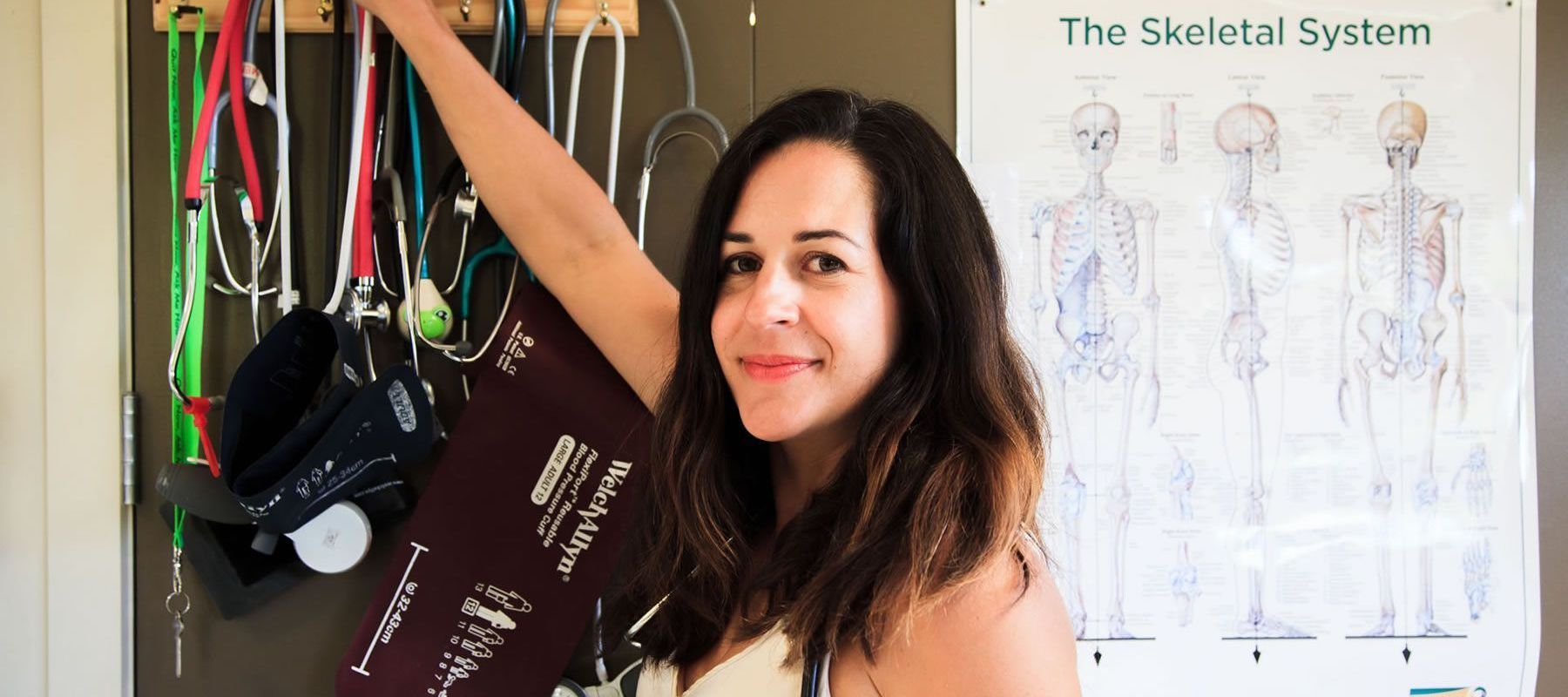Stress Management
We all need a level of stress in order to be healthy. From time to time, everyone can feel sad, depressed, anxious, tense or afraid. These are common and natural human emotions.
But sometimes these feelings these feelings can become so overwhelming that coping with day-to-day life – work, leisure, and relationships – becomes difficult.
What is stress?
Stress is the feeling of being under too much mental or emotional pressure.
Pressure turns into stress when you feel unable to cope. People have different ways of reacting to stress, so a situation that feels stressful to one person may be motivating to someone else.
Many of life’s demands can cause stress, particularlywork, relationships and money problems. And, when you feel stressed, it can get in the way of sorting out these demands, or can even affect everything you do.
Stress can affect how you feel, think, behave and how your body works. In fact, common signs of stress include sleeping problems, sweating, loss of appetite and difficulty concentrating.
You may feel anxious, irritable or low in self esteem, and you may have racing thoughts, worry constantly or go over things in your head. You may notice that you lose your temper more easily, drink more or act unreasonably.
You may also experience headaches, muscle tension or pain, or dizziness.
Stress causes a surge of hormones in your body. These stress hormones are released to enable you to deal with pressures or threats – the so-called "fight or flight" response.
Once the pressure or threat has passed, your stress hormone levels will usually return to normal. However, if you're constantly under stress, these hormones will remain in your body, leading to the symptoms of stress.
Managing stress in daily life
Stress is not an illness itself, but it can cause serious illness if it isn't addressed. It's important to recognise the symptoms of stress early. Recognising the signs and symptoms of stress will help you figure out ways of coping and save you from adopting unhealthy coping methods, such as drinking or smoking.
Spotting the early signs of stress will also help prevent it getting worse and potentially causing serious complications, such as high blood pressure.
There is little you can do to prevent stress, but there are many things you can do to manage stress more effectively, such as learning how to relax, taking regular exercise and adopting good time-management techniques.
Studies have found that mindfulness courses, where participants are taught simple meditations across a series of weeks, can also help to reduce stress and improve mood.
Read more about mindfulness.
Recognising your stress triggers
If you're not sure what's causing your stress, keep a diary and make a note of stressful episodes for two-to-four weeks. Then review it to spot the triggers.
Things you might want to write down include:
- the date, time and place of a stressful episode
- what you were doing
- who you were with
- how you felt emotionally
- what you were thinking
- what you started doing
- how you felt physically
- a stress rating (0-10 where 10 is the most stressed you could ever feel)
You can use the diary to:
- work out what triggers your stress
- work out how you operate under pressure
- develop better coping mechanisms
Doctors sometimes recommend keeping a stress diary to help them diagnose stress.
Take action to tackle stress
There's no quick-fix cure for stress, and no single method will work for everyone. However, there are simple things you can do to change the common life problems that can cause stress or make stress a problem. These include relaxation techniques, exercise and talking the issues through.
Exercise is a great option :
Here is an example of how exercise can help .... http://muscles.zone/weightlifting-20-benefits-for-mind-and-body/
When to see your GP about your stress levels
If you've tried self-help techniques and they aren't working, you should go to see your GP. They may suggest other coping techniques for you to try or recommend some form of counselling orcognitive behavioural therapy.
If your stress is causing serious health problems, such as high blood pressure, you may need to take medication or further tests.
Mental health issues, including stress, anxiety and depression, are the reason for one-in-five visits to a GP.
Make an appointment with us by calling 5422450

